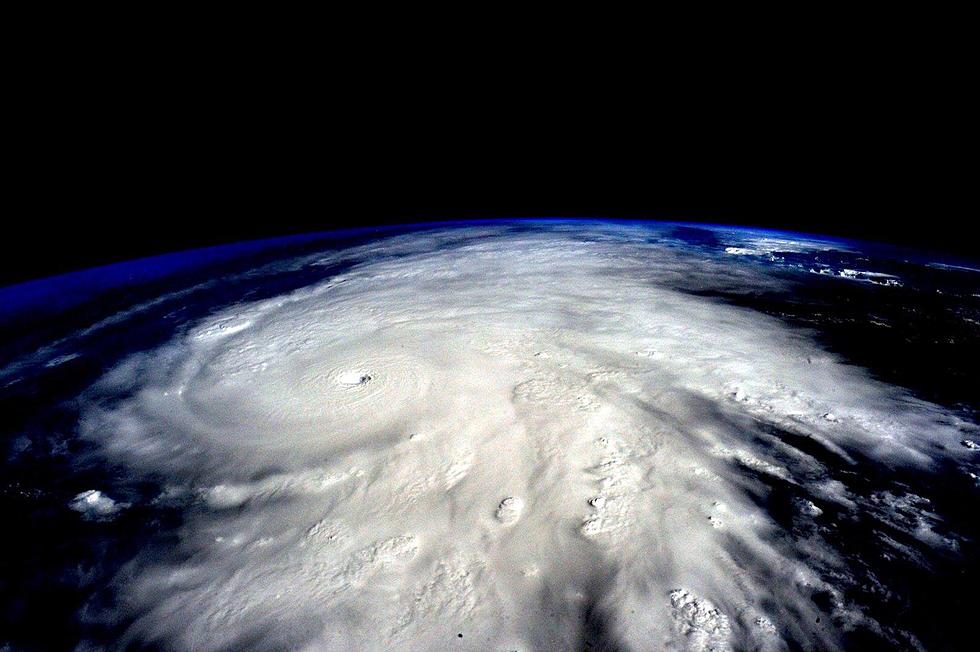
Michigan Meteorologist Stuns the Internet With Facts about Hurricanes at the Equator
Here in Michigan, we have very little reason to think much about hurricanes. Those massive storms don't strike the inland Great Lakes and we only have once-in-a-lifetime mega-storms like th 1911 Great Blue Norther or the so-called Huron Hurricane from 1996.
So when Michigan meteorologist Mark Torregrossa, who forecasts for MLive posed a question about hurricanes and the equator recently it gave pause and something to ponder.
Here's what he asked:
Weather Quiz: Can a hurricane cross the equator? DON'T GOOGLE IT STUDENTS. That's cheating. Use your scientific reasoning and tell me why.
- The rotation of the earth?
- A trick question because hurricanes are called typhoons in another hemisphere?
- Strong trade winds at the equator would shear the storm apart?
Those were some of the guesses and they all sound probable.
Mark credits this reader with the correct answer, "No, because the southern hemisphere spins in the opposite direction and therefore the hurricane would unwind."
Mark goes on to explain why a hurricane will not cross the equator:
No. Mathematically a hurricane can only come within about five degrees of latitude of the equator. The reason is the Coriolis force. In the northern hemisphere, wind in low pressure systems and hurricanes(a huge low pressure system) turns to the right causing hurricanes to rotate counterclockwise. In the southern hemisphere the Coriolis force bends wind to the left. So hurricanes in the southern hemisphere (they call them typhoons, but it's the same as a hurricane) rotate clockwise.
So if a hurricane crossed the equator it would have to slow down it's counterclockwise rotation, stop rotating and start spinning clockwise south of the equator.
Fascinating weather stuff, but for us Michiganders maybe just good for trivia. Now we have to figure out how to stop blizzards and heatwaves at the Ohio/Indiana/Wisconsin line. And check out more weather lore below:



